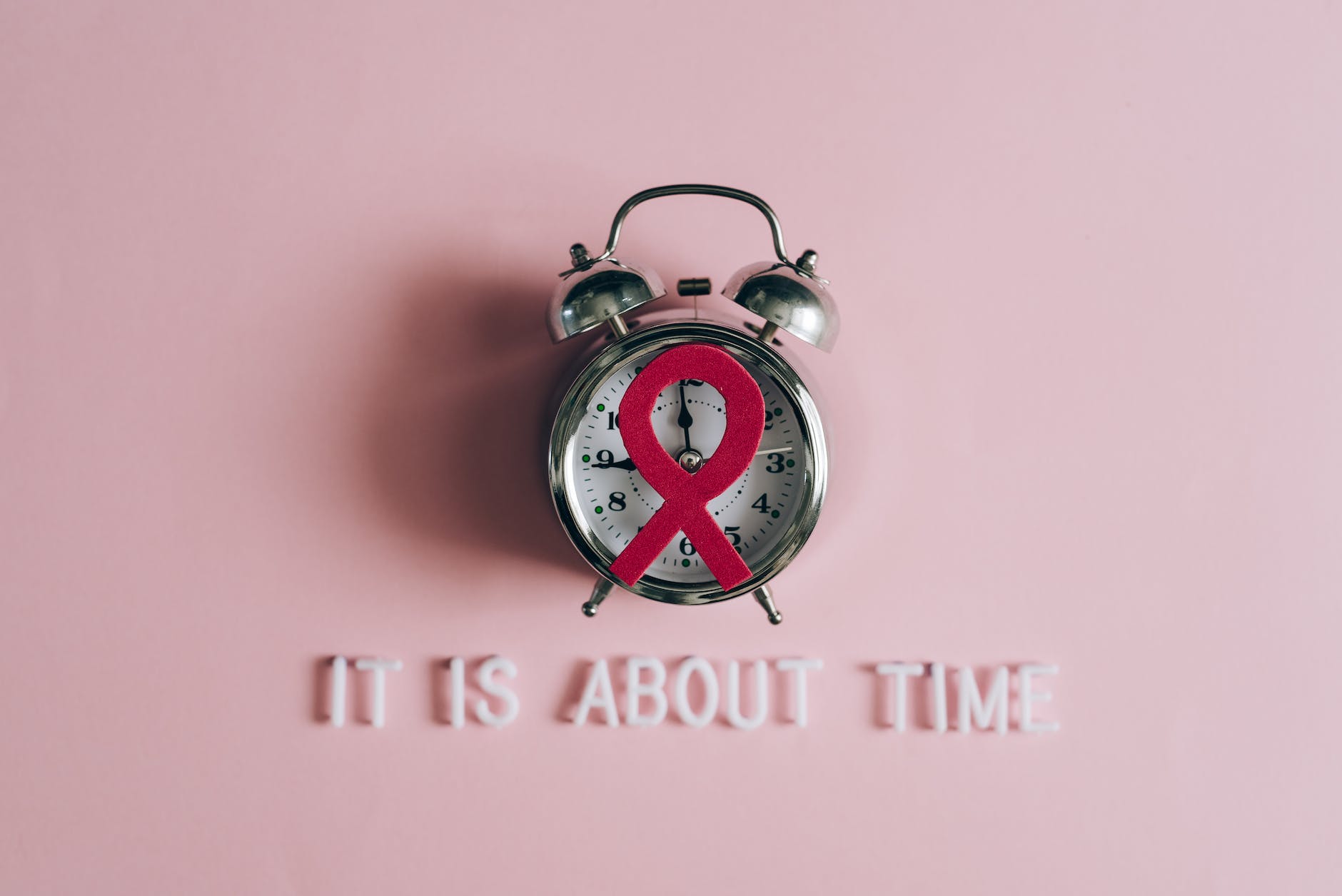Knowledge is power
Preventing HIV transmission involves adopting a combination of strategies to reduce the risk of exposure. Here are some of the easiest and most effective ways to prevent HIV:
- Use Condoms: Consistent and correct use of condoms during sexual intercourse can significantly reduce the risk of HIV transmission. Male and female condoms are readily available and provide a barrier against the virus.
- PrEP (Pre-Exposure Prophylaxis): PrEP is a medication taken by HIV-negative individuals to prevent infection. It is highly effective when taken as prescribed and can be a useful prevention tool, especially for those at higher risk.
- Limit Sexual Partners: Reducing the number of sexual partners can lower the risk of exposure to HIV. Knowing your partner’s HIV status and discussing sexual health openly can help make informed decisions.
- Regular Testing: Knowing your own and your partner’s HIV status is crucial. Regular testing allows for early detection, enabling timely access to treatment and preventing further transmission. There is at-home testing now which is easy to do. See our at-home HIV Testing review here.
- Avoid Sharing Needles or Syringes: If you use drugs, avoid sharing needles or syringes, as this can increase the risk of HIV transmission. Use clean needles and sterile injection equipment.
- Use Sterile Instruments for Tattoos and Piercings: Ensure that any instruments used for tattoos, piercings, or other body modifications are sterile and properly cleaned to prevent the risk of HIV transmission.
- Educate Yourself: Stay informed about HIV transmission and prevention methods. Understanding the virus and its modes of transmission can empower individuals to make informed choices about their sexual health.
- Kick Stigma out: HIV-related stigma, which includes negative attitudes, prejudice, and discrimination towards individuals living with HIV or perceived to be at risk, can create barriers to effective prevention and care.
- Seek Support and Counseling: If you are in a relationship with someone living with HIV or if you have concerns about your risk, seek counselling and support services. Open communication and education can help address fears and reduce the risk of transmission.
Remember, the most effective prevention strategy may vary depending on individual circumstances. It’s essential to consult with healthcare professionals for personalised advice and guidance based on your specific situation.




